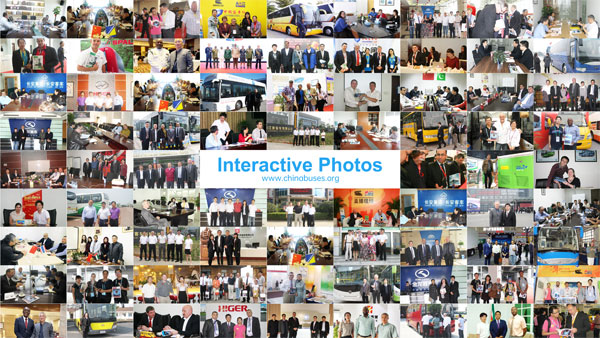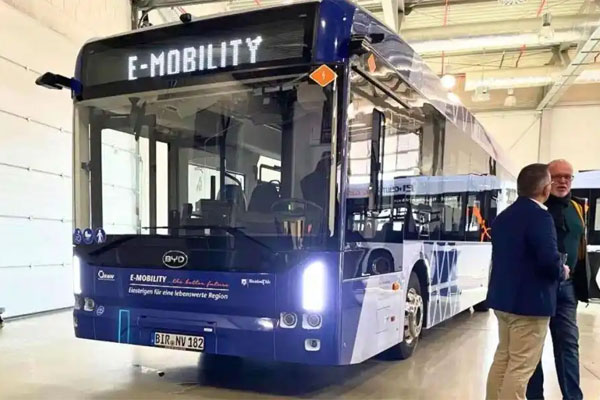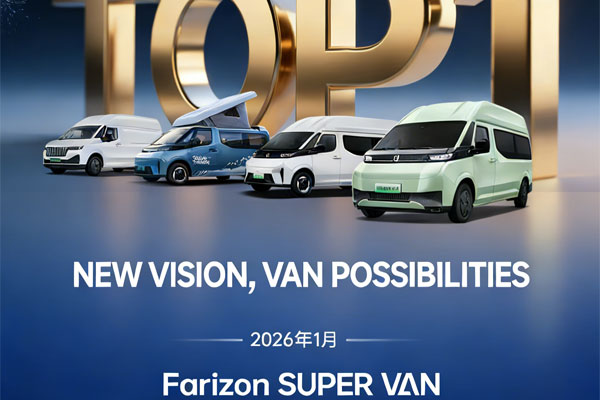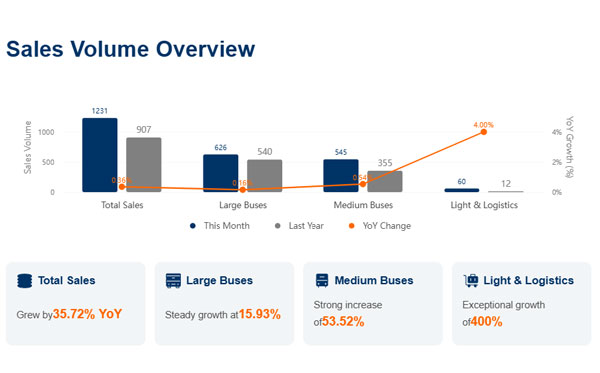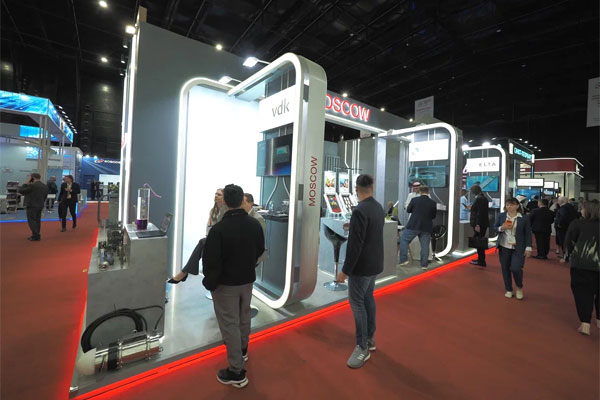Shenzhen Targets to Go 100% Electric Buses by 2017
25 July 2016
www.chinabuses.org: To further speed up the application of new energy vehicles, Shenzhen municipal government is planning to introduced more electric buses. By the end of 2017, the city will see all its buses powered by electricity. In addition, by the end of 2020, the city is aiming to increase the number of its new energy vehicles to 120,000 units. To achieve such grand goals, the company will build 13 new bus terminals, 8,246 fast-recharging posts for city buses, 10,800 fast-recharging posts for public use and 115,000 slow-recharging posts.
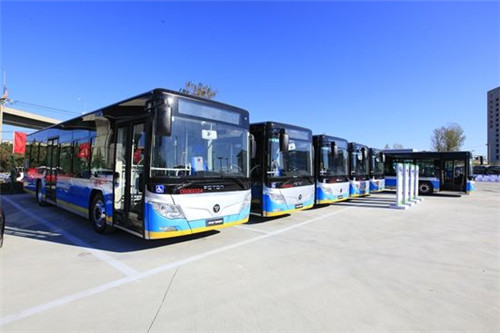
As one of China’s first batch of cities for the application of new energy vehicles and the provision of subsidies for private purchases of new energy vehicles, Shenzhen already had 43,000 units new energy vehicles and 18,000 recharging posts by the end of April this year.
During the thirteenth five-year plan period, Shenzhen requires all newly built parking lots to build slow recharging posts, the number of which must reach 30% of its total parking capacity. In addition, all newly built parking space should have space available for building recharging facilities. At large living communities, large public buildings and public parking lots, the number of recharging posts should account for 10% of the total parking capacity. At those buildings which are for the use by government organizations and agencies as well as other enterprises and institutions, the percentage should reach 20%.
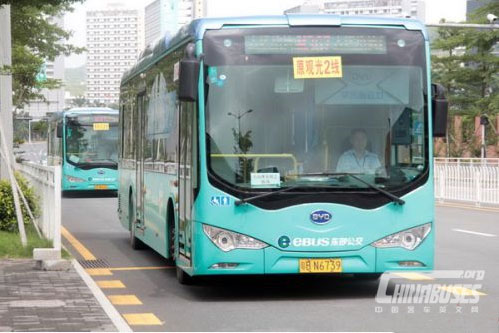
To further speed up the application of new energy vehicles, Shenzhen has been making a number of innovative moves, such as “Go Green First for Public Transport” and “Whole Vehicle Rental Services”. According to the city’s new regulations, all newly purchased city buses from 2012 and all newly purchased taxis from 2016 must be equipped with the electric driveline. As of the end of 2015, the number of new energy buses had reached 44% of the city’s overall bus fleet and that of new energy taxis had exceeded 16%. In both sectors, the percentage of new energy vehicles in the city ranked the first place among all other cities in China.
In the meantime, the city has also been actively involved in exploring new methods to increase the percentage of new energy vehicles in such areas as logistic services, auto rental services and commuting services. As of the end of 2015, the number of new energy vehicles in the above-mentioned three areas surpassed 48%. Among all the new energy vehicles in the three areas, the percentage of electric vehicles stood at 60%.
Source : www.chinabuses.org
Views:14136



